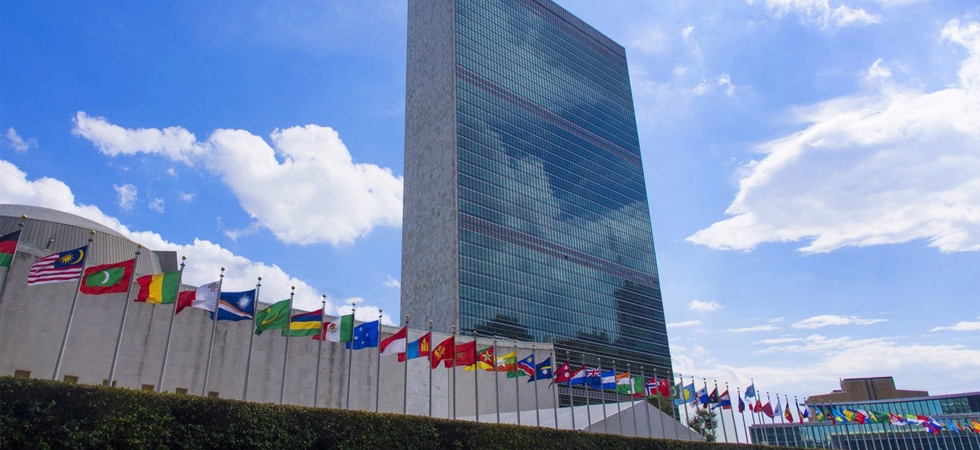NEW YORK, August 16 (C-Fam) The U.S. Senate confirmed their top diplomat at the United Nations last week, Kelly Knight Craft. She now faces several major challenges if she is to succeed in executing President Trump’s international pro-life agenda.
The changing landscape of international human rights threatens the unborn child. UN experts whose job is upholding the rights of the weakest and most vulnerable have turned the human rights system on its head. Last year, the premier treaty monitoring body, the Human Rights Committee, announced it interprets the “right to life” as including a right to abortion. The new USUN ambassador will need to rein in rogue experts by publicly rejecting such interpretations and by insisting the experts stay within their mandates.
The last USUN ambassador announced that the U.S. would pull out of the UN Human Rights Council, saying it was a “toxic” environment. At the same time, she said the U.S. would take up human rights at the UN Security Council. But this could have the effect of spreading the toxicity within the UN’s human rights bodies to the Security Council—particularly its work on women, peace, and security—while failing to address the problem at its source.
International humanitarian law, aka the laws of war, has become a new battleground for abortion politics. Two annual humanitarian resolutions, in the General Assembly and the Economic and Social Council, have seen deep divisions over “sexual and reproductive health” language.
The humanitarian resolutions underscore the increased complexity of stopping funding to abortion groups, which was more straightforward under previous Republican administrations. Even though the Trump administration has put in place the Protecting Life in Global Health Assistance policy and upholds a proper understanding of the Helms Amendment to U.S. foreign aid, it still foots the bill for UN agencies whose mandates are set by these resolutions. Craft will have to engage the abortion debate in the humanitarian space.
Craft will also have to manage an increasingly influential UN staff and agenda in Geneva where much of the UN’s human rights and global health policy originates, both of which affect the life issues. One place Craft’s team can make a difference is in the Universal Periodic Review of the United States, coming up next year in the Human Rights Council. Since 2010, European nations have used the venue to attack the Helms Amendment, claiming that it violates the Geneva Conventions. The venue will likely bring public shaming of a wide array of U.S. foreign and domestic policies. Craft has an opportunity to take the fight to the opposition with a strong defense of international law principles and national sovereignty.
In her Senate confirmation hearing, Craft said that what attracts her to the UN job is helping children. Keeping the focus on child survival and thriving is fraught with political challenges, however. UNICEF has for thirty years promoted as a mandate the Convention on the Rights of the Child, which only the U.S. has not ratified. More importantly, UNICEF promotes the controversial views of the treaty body that monitors the convention. The committee has told many countries to decriminalize abortion for children and has advocated for such services without parental knowledge, much less consent.
To gain pro-life ground ceded during the Trump administration, Craft will need to dig in and engage in serious diplomacy with like-minded member States to gain support.This will take deft leadership of a diplomatic team often at odds with the pro-life stance. Such leadership may not grab headlines but will garner Craft credibility as an effective leader executing the President’s agenda.
Susan Yoshihara, PhD writes for C-Fam. This article first appeared in the Friday Fax, an internet report published weekly by C-Fam (Center for Family & Human Rights), a New York and Washington DC-based research institute (https://c-fam.org/). This article appears with permission.








